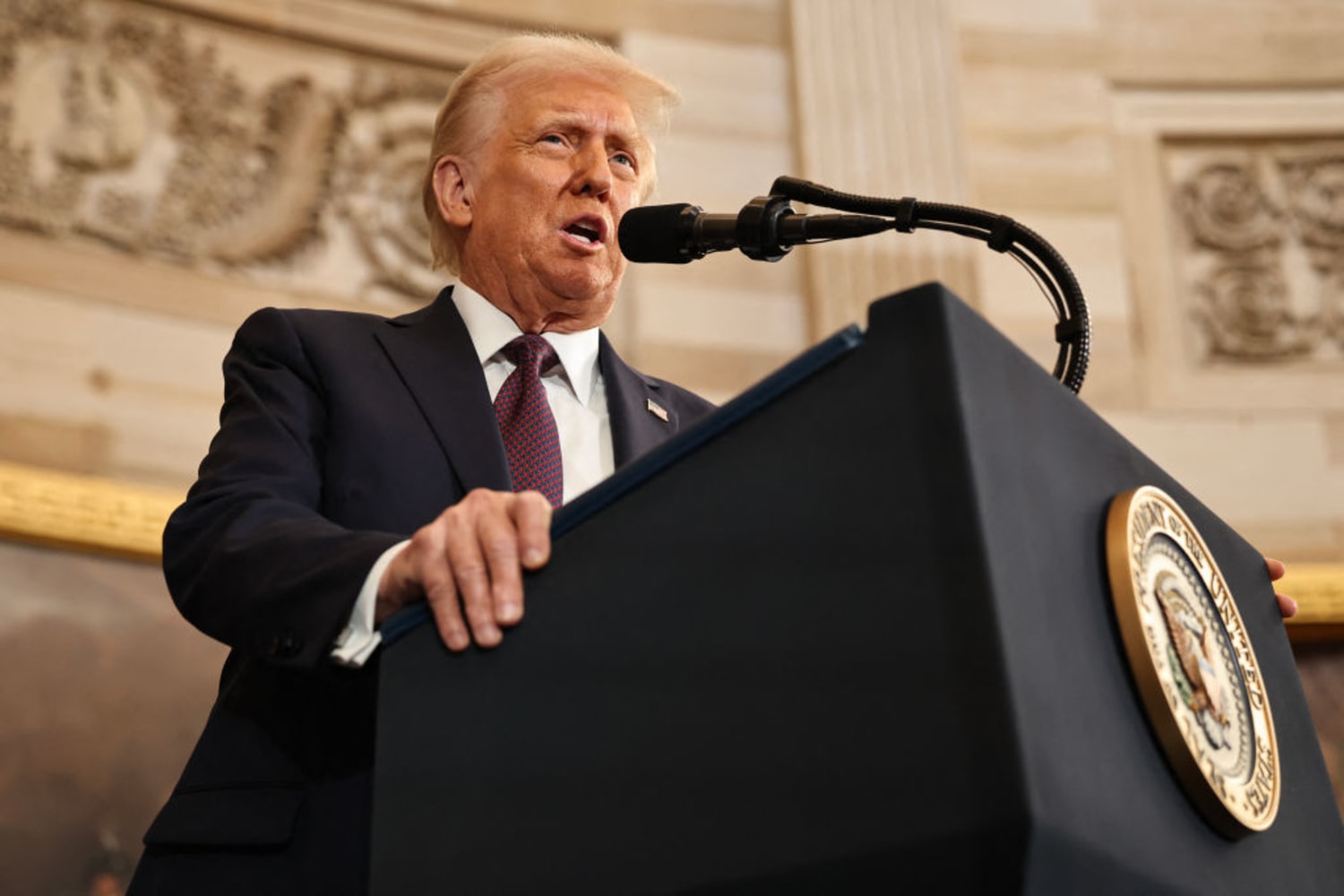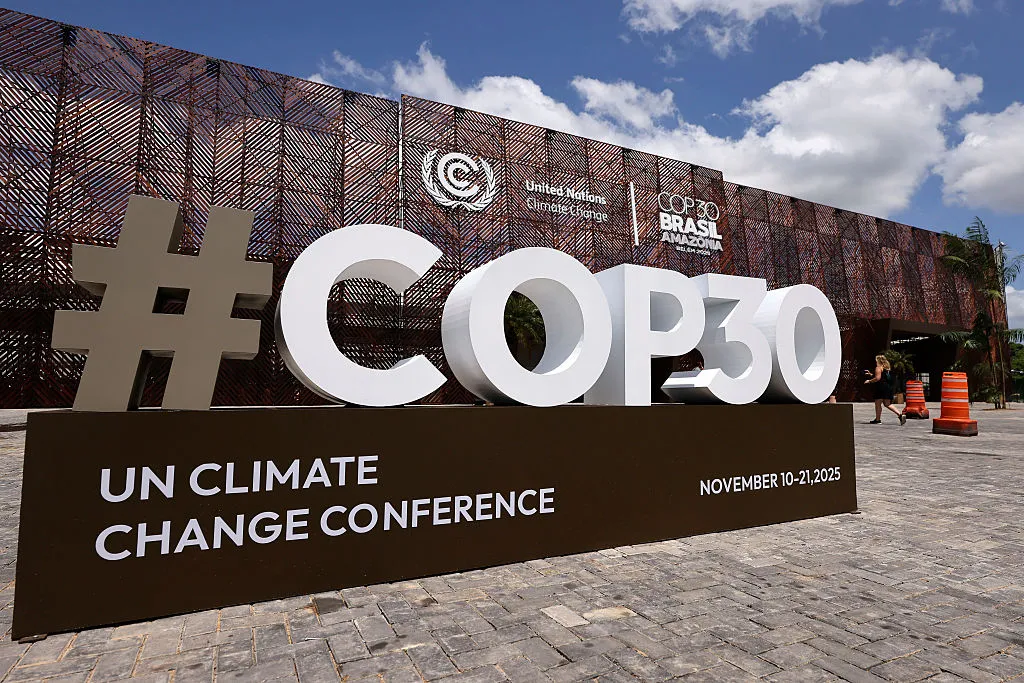President Donald Trump has granted a new round of pardons and commutations that have sparked discussion across Washington. Among those pardoned are former New York mayor Rudy Giuliani, former White House Chief of Staff Mark Meadows, and several officials accused of attempting to overturn the 2020 presidential election results.
Political and Personal Dimensions of the Pardons
These recent clemency actions add to a growing list of high-profile pardons during Trump’s second term. Notable examples include former U.S. Representative George Santos, who pleaded guilty to wire fraud, and Changpeng Zhao, the former CEO of a major cryptocurrency exchange, convicted of money laundering.
The presidential power to grant pardons is established by the U.S. Constitution, allowing the president to nullify convictions or reduce sentences without the involvement of Congress or the Supreme Court. Rooted in English legal tradition, this authority has historically been used for both humanitarian and political purposes.
A Strategic Use of Presidential Clemency
Legal scholars note that Trump has employed pardons more openly as a political instrument than his predecessors. His second term has seen clemency extended to individuals who supported him publicly or maintained close ties to his administration.
In addition to Republican allies, Trump has also pardoned Democratic officials convicted of corruption, including former Illinois Governor Rod Blagojevich and former Cincinnati City Council member P.G. Sittenfeld.
Trump has defended his decisions, arguing that several of these prosecutions were politically motivated or unfair. Observers suggest that the former president views his clemency actions as a means to correct what he perceives as judicial overreach and political bias.
Renewed Debate Over the Scope of Presidential Power
While the use of pardons for political allies is not new in U.S. history, the scale and timing of Trump’s recent actions have reignited debate about the limits of presidential authority. Some see these decisions as a legitimate exercise of constitutional power, while others caution that their political nature risks undermining public trust in the justice system.


